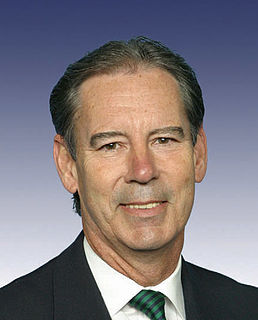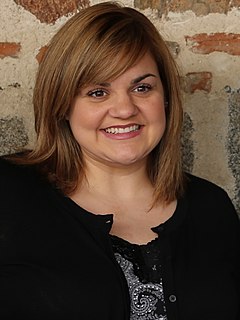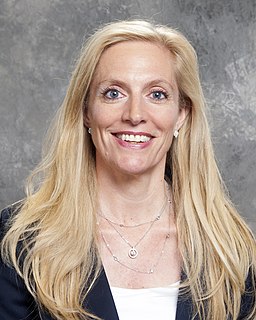Цитата Джанет Мок
Я выросла в то время на Гавайях, где были трансгендерные женщины, поэтому для меня были очевидные образцы для подражания. В то же время, будучи цветной транс-девушкой с низким доходом, у меня было так много вещей, к которым у меня не было доступа. У меня не было доступа к хорошему образованию. У меня не было доступа к доступному медицинскому обслуживанию.
Связанные цитаты
Находясь в такой сфере, как здравоохранение, для меня, как для человека, который в основном выполняет миссию глобального воздействия с точки зрения доступного доступа к здравоохранению, я очень, очень обеспокоен тем фактом, что в этом миру, которым необходимо иметь некоторый доступ к основным правам, будь то образование или здравоохранение.
Когда я говорю: «Я хочу, чтобы женщины имели доступ к подлинному женскому здравоохранению», я имею в виду, что хочу, чтобы женщины имели доступ к медицинскому обслуживанию, поддерживающему их естественную женственность. Я имею в виду, что я хочу, чтобы женщины имели доступ к медицинскому обслуживанию, которое не включает использование контрацепции и абортов.
Женщины с минимальным доступом к ресурсам и без доступа к уходу за детьми имеют ограниченный выбор, который слишком часто означает низкооплачиваемую работу и работу неполный рабочий день. В сельских общинах развивающегося мира, когда женщины-фермеры имеют неравный доступ к удобрениям или обучению, производительность их ферм отстает от мужчин.
Один конкретный спор, который я видел разыгрывающимся снова и снова, заключается в том, должны ли трансгендеры, которые имеют более традиционные гендерные выражения, или те, кто больше «пасуют», быть теми, кто представлен. Недавнее руководство по адвокации, посвященное адвокации доступа трансгендеров к медицинскому обслуживанию, подготовленное крупнейшей трансгендерной правозащитной организацией в США, сообщает читателям, что адвокация будет более успешной, если сообщение будет передано людьми, которые выдают себя за не-транс-мужчин и женщин.
В Законе о доступном медицинском обслуживании Конгресс предоставил доступ к медицинскому обслуживанию почти 30 миллионам незастрахованных американцев. Доступ критически важен, но предоставление доступа к уже сломанной системе не обеспечит долговременного лечения. Нам нужно задать основной вопрос и ответить на него: доступ к чему?
Мы все выросли в общинах с бабушками, которые готовили два-три овоща, которые нужно было есть. В этом не было никаких «если», «и» или «но». Но это потому, что у многих наших бабушек и дедушек были общественные сады; был овощной человек, который подошел. Было много других ресурсов, которые позволяли им иметь доступ. Так что дело не в том, что люди не знают или не хотят поступать правильно; они просто должны иметь доступ к продуктам питания, которые, как они знают, сделают их семьи более здоровыми.
У нас было так много вех в Америке. Мы были на пути к всеобщему здравоохранению. У нас был однополый брак. Мы говорили о гендерной изменчивости и трансгендерных проблемах открыто и обсуждали их с уважением. Дошло почти до того, что просвещение людей о правах трансгендеров не было проблемой. Мы включали трансгендерных людей как обычную часть наших разговоров, вместо того, чтобы рассматривать их присутствие как шокирующую вещь для системы. Мы забыли, что эти вещи у тебя могут отнять, потому что в мире есть люди, которые по каким-то гребаным причинам не могут жить и давать жить.





































